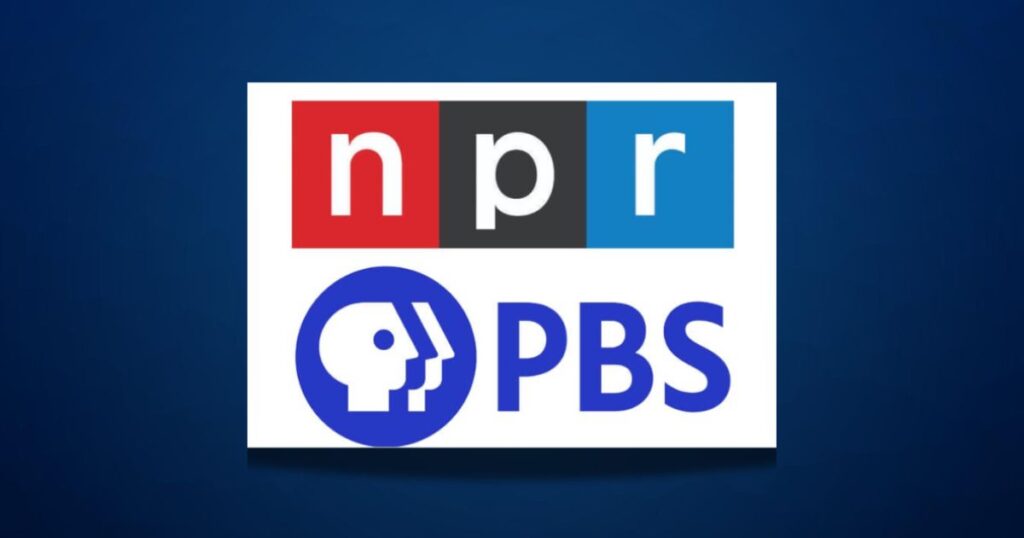After President Donald Trump signed a bill that would end federal funds going to businesses for public broadcasting (CPB), the organization has now announced that it will be shut down after being refunded.
The CPB, which oversees funding for PBS and NPR stations, said 70% of its operating funds come from the federal government.
The Florida NPR Station complains that Gov. Ron DeSantis’ $6 million veto to fund public media will hurt their news reports.
However, some NPR station managers have told local media that low state and federal funding would hurt them, which is not entirely accurate.
For years, local Florida city and county governments have used taxpayer dollars to fund local public broadcasters. The dollars allocated to these departments often pass the arts funding portion of the city or county budget.
Along the Space Coast, the Brevard County Commission funded hundreds of thousands of dollars for the “art,” with funding within the arts being thousands of people from local NPR radio stations.
The same goes for Jacksonville. Local taxes use local PBS and NPR stations through the Arts section of the city’s Budget Fund.
One person trying to eliminate taxes going to Jacksonville’s NPR and PBS stations is councillor Rory Diamond.
“These people in NPR continue to insist they’re losing money, but that’s not happening. They may not have gotten it on the federal side, but they’re still getting taxes locally from the city government,” Diamond said.
In South Florida, government dollars will continue to be used for local public broadcasting.

This year, Palm Beach County has spent about $1.6 million on art groups, including local public radio stations.
Palm Beach County Cultural Council manages the dollar. They say the money spent comes from arts and culture grants.
Many of the programs that receive money are nonprofits, local arts foundations, opera houses, zoos, science centers, and local public broadcasting.
Some of these groups receive taxpayer dollars more than $100,000 a year.
“What we call funding sources, grants, etc., doesn’t matter if local taxes are still funded,” councillor Diamond said.
But can local public broadcasters survive without government funding?
They showed that in addition to being able to raise large donations from audiences and listeners, they could also provide grants and huge corporate sponsorships from various organizations.




